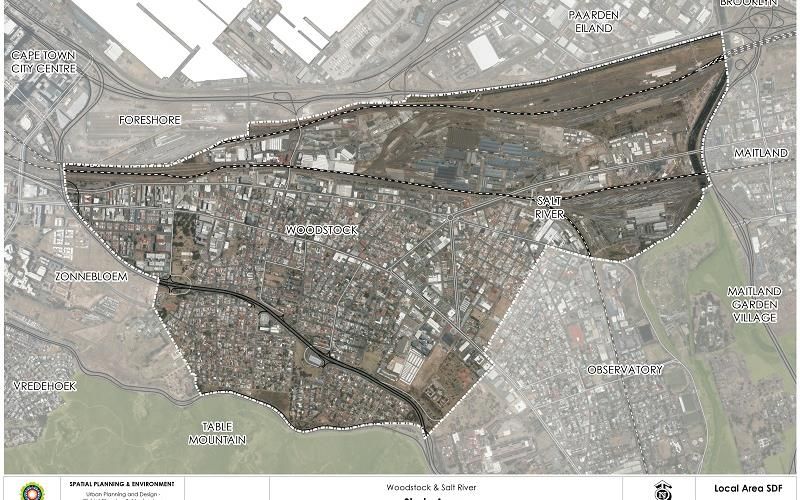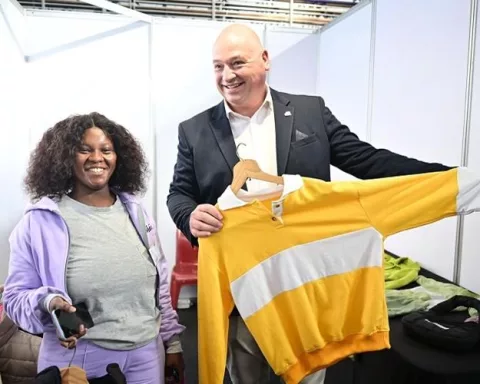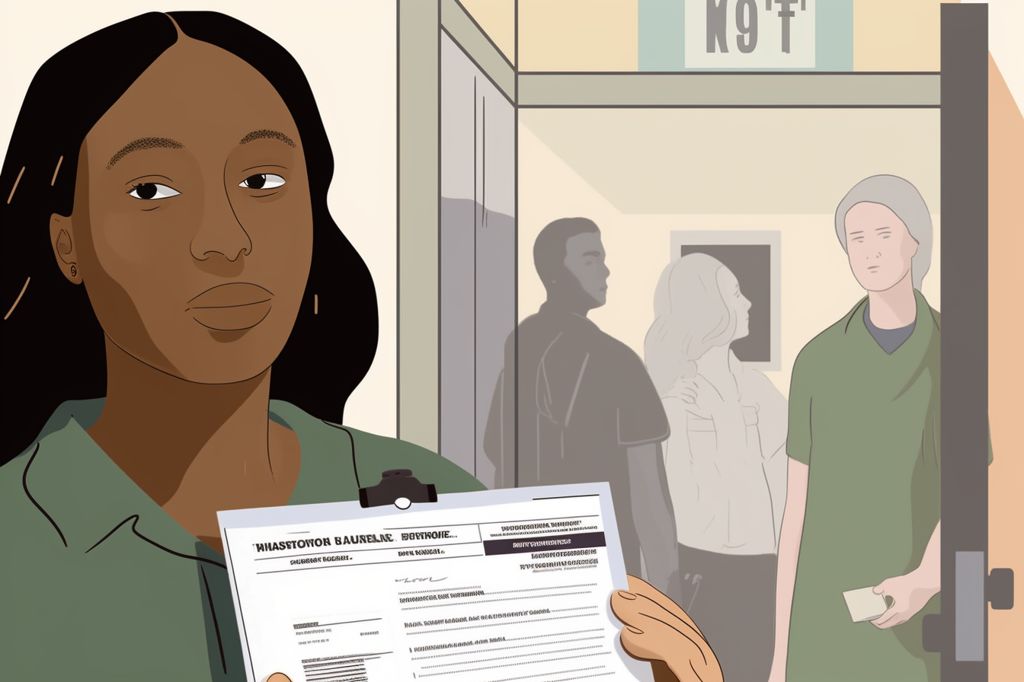The City of Cape Town’s Urban Planning and Design Department is leading a crucial community meeting on Saturday, 13 May 2023, at the Salt River Community Hall. This initiative invites residents of Woodstock, Salt River, University Estate, and Walmer Estate to actively participate in developing the area’s local spatial development framework (LSDF), or neighborhood plan.
Importance of Local Input
Deputy Mayor and Mayoral Committee Member for Spatial Planning and Environment, Alderman Eddie Andrews, emphasized the significance of the LSDF as it shapes the development vision for the area on a local level. He urged residents and interested parties to attend the gathering and start contributing to this process.
Recognizing the importance of local input, the City will host several engagements with the local community and broader public throughout the LSDF’s drafting process. Alderman Andrews highlighted the value of local residents and businesses’ intimate knowledge of their neighborhoods, urging everyone to contribute to the discussions, whether they can attend the meeting or not.
Essential Aspects of LSDF
The Woodstock and Salt River LSDF will focus on several essential aspects to re-establish a sense of belonging in the area. These include preserving and enhancing the area’s heritage value, fostering a multi-cultural and integrated community, and stimulating the local economy through a well-defined spatial development vision.
Moreover, the plan aims to improve connections and integration between Woodstock, Salt River, and their neighboring areas, promoting better accessibility and shared growth.
Staying Updated and Contributing
To stay updated on the LSDF drafting process, the public is encouraged to register online at https://bit.ly/3NvuwRB or visit the Subcouncil 16 office to complete and submit the registration form.
Residents and workers in Woodstock, Salt River, Walmer Estate, and University Estate can also contribute their experiences and knowledge of the area by completing an online survey on the City’s website by 31 May 2023. For further information, interested individuals can send an email to WSR.LSDF@capetown.gov.za.
Finalizing the LSDF
Once the public’s contributions are gathered, the draft LSDF will be finalized, advertised for public comment, and refined accordingly. The Woodstock and Salt River LSDF will elaborate on and support the spatial development guidelines outlined in the Table Bay District Spatial Development Framework, which focuses on the greater Table Bay area, including Woodstock and Salt River.
Offering a comprehensive and holistic approach to development, the LSDF will empower the community to shape their neighborhood’s future, ensuring their needs and priorities are met and their heritage is preserved.












